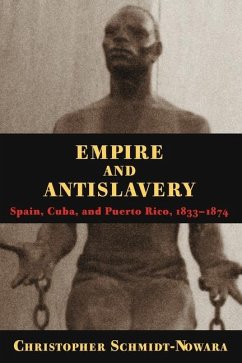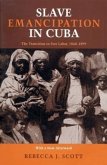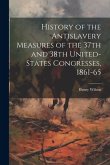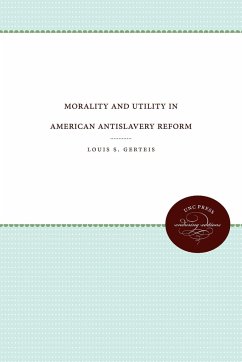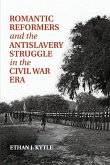In 1872, there were more than 300,000 slaves in Cuba and Puerto Rico. Though the Spanish government had passed a law for gradual abolition in 1870, slaveowners, particularly in Cuba, clung tenaciously to their slaves as unfree labor was at the core of the colonial economies. Nonetheless, people throughout the Spanish empire fought to abolish slavery, including the Antillean and Spanish liberals and republicans who founded the Spanish Abolitionist Society in 1865. This book is an extensive study of the origins of the Abolitionist Society and its role in the destruction of Cuban and Puerto Rican slavery and the reshaping of colonial politics.
Hinweis: Dieser Artikel kann nur an eine deutsche Lieferadresse ausgeliefert werden.
Hinweis: Dieser Artikel kann nur an eine deutsche Lieferadresse ausgeliefert werden.

